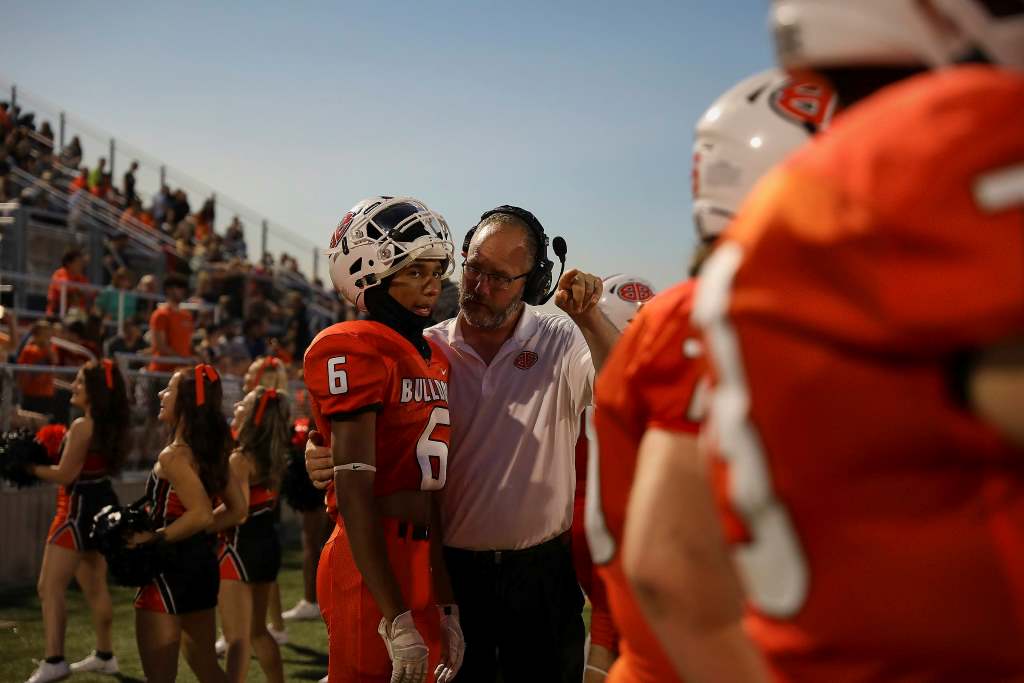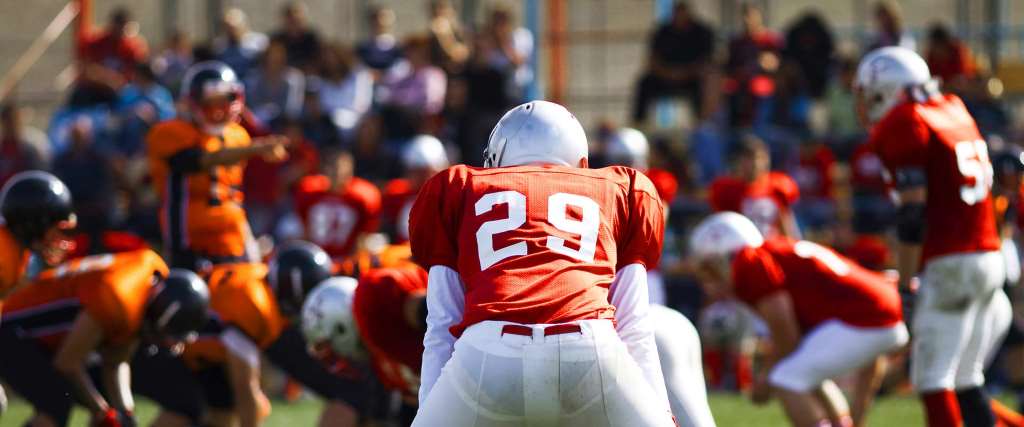Sports coaching is often evaluated based on wins and losses, but a truly great coach transcends these metrics. They embody a combination of qualities that inspire athletes, cultivate talent, and foster a positive team environment. Let’s delve into the multifaceted traits that define exceptional sports coaches.
1. Deep Knowledge and Passion for the Sport
A great coach possesses an in-depth understanding of the sport’s nuances, strategies, and history. They stay updated on the latest developments and trends, constantly refining their expertise. This knowledge is coupled with an unwavering passion for the sport, which fuels their enthusiasm and inspires their athletes.
2. Effective Communication and Leadership
Clear, concise, and motivating communication is a hallmark of great coaching. A coach must effectively convey their expectations, tactics, and feedback to athletes in a way that resonates and instills confidence. They lead by example, demonstrating commitment, discipline, and a strong work ethic.
3. Adaptability and Strategic Thinking
The sports landscape is constantly evolving, and great coaches adapt their approaches accordingly. They possess the ability to analyze opponents, devise effective game plans, and make real-time adjustments during competition. They are also adept at tailoring their coaching methods to suit the individual needs and learning styles of each athlete.
4. Building Strong Relationships and Trust
A great coach cultivates a positive team culture built on mutual respect, trust, and camaraderie. They invest time in getting to know their athletes on a personal level, understanding their strengths, weaknesses, and motivations. This connection fosters a supportive environment where athletes feel valued and encouraged to push their limits.
5. Emotional Intelligence and Empathy
Sports can be an emotional rollercoaster, and great coaches possess the emotional intelligence to navigate these highs and lows. They empathize with their athletes’ frustrations and setbacks, offering guidance and support during challenging times. They celebrate victories with genuine enthusiasm, creating a sense of shared accomplishment.
6. Teaching and Player Development
A great coach is not only focused on winning games but also on developing the skills and potential of their athletes. They possess the ability to break down complex techniques into manageable steps, offering constructive feedback and individualized training plans. They empower athletes to become better versions of themselves, both on and off the field.
7. Resilience and Mental Toughness
Sports often involve facing adversity, and great coaches model resilience and mental toughness. They demonstrate how to bounce back from defeats, learn from mistakes, and maintain a positive outlook even in the face of challenges. This perseverance inspires athletes to overcome obstacles and strive for their goals.
8. Vision and Long-Term Perspective
Great coaches have a clear vision for their team’s future and the individual development of each athlete. They prioritize long-term growth and improvement over short-term gains. They set ambitious goals, create a roadmap for success, and instill in their athletes the belief that they can achieve greatness.
9. Community Engagement and Role Modeling
A great coach recognizes their role as a leader in the community and a positive role model for young athletes. They actively participate in community events, clinics, and outreach programs. They champion sportsmanship, fair play, and the values of teamwork and dedication.
10. Passion for Learning and Personal Growth
The best coaches never stop learning. They seek out professional development opportunities, attend conferences and workshops, and network with other coaches to exchange ideas and insights. They are also open to feedback and self-reflection, constantly striving to improve their coaching methods and become more effective leaders.
The Intangible Qualities
Beyond these tangible traits, great coaches possess an intangible “it” factor. It’s a combination of charisma, intuition, and the ability to inspire others to reach their full potential. It’s the spark that ignites a team’s passion, the guiding light that leads them through adversity, and the unwavering belief that fuels their pursuit of excellence.
In Conclusion
Great sports coaches are more than just strategists and tacticians. They are mentors, motivators, teachers, and role models. They embody a unique blend of knowledge, passion, leadership, and empathy. They inspire athletes to surpass their own expectations, fostering a legacy that extends far beyond the playing field. For those interested in how elite coaching can shape future stars, explore Snapbuzzz review on rich kid sports. The impact of a great coach is immeasurable, leaving a lasting imprint on the lives of those they touch.
As we celebrate the achievements of athletes, let’s also acknowledge the indispensable role of their coaches. Their dedication, expertise, and unwavering support are the driving force behind countless triumphs. The qualities that define a great coach are a testament to the power of human connection, leadership, and the pursuit of excellence in sports.





